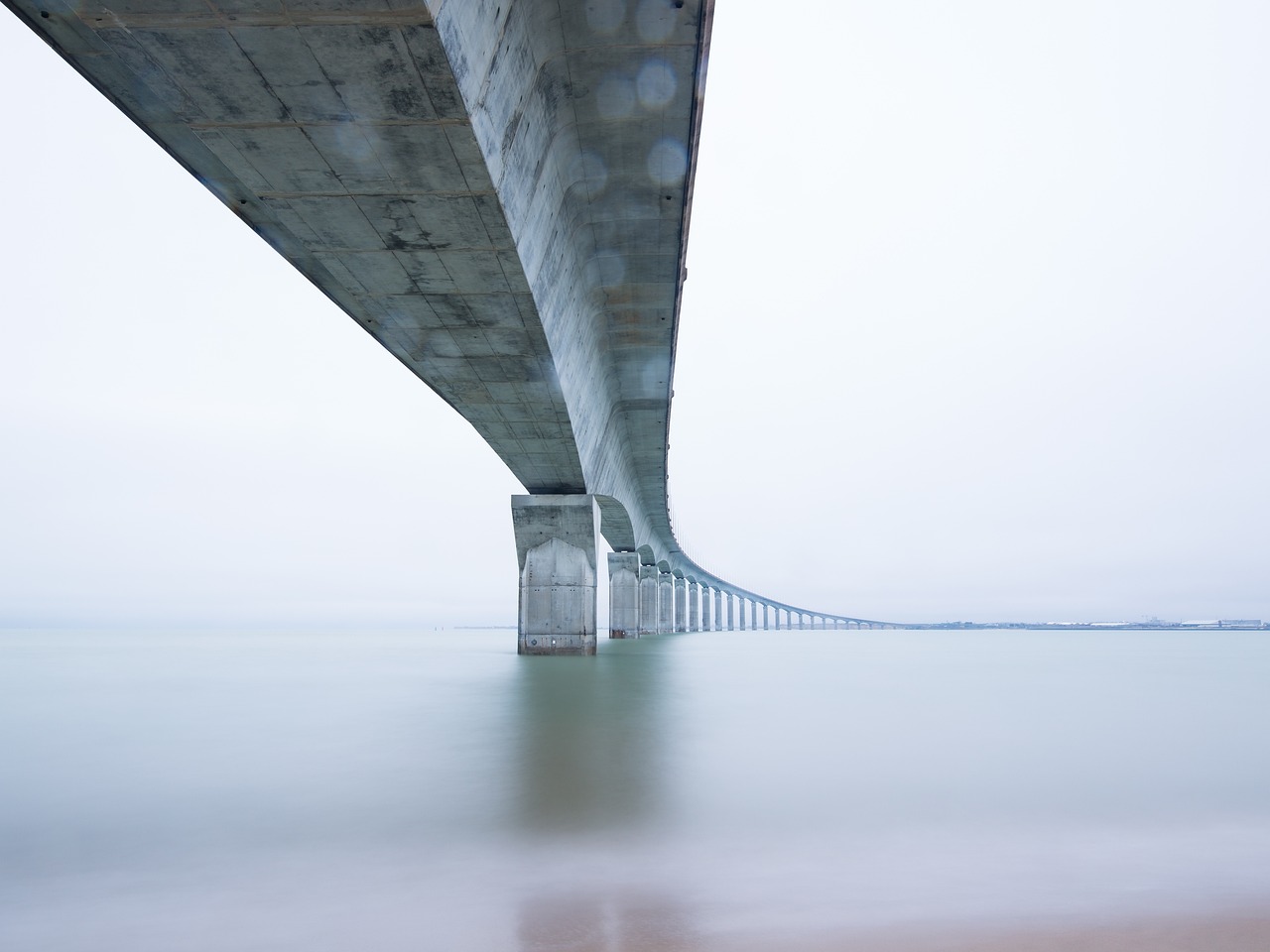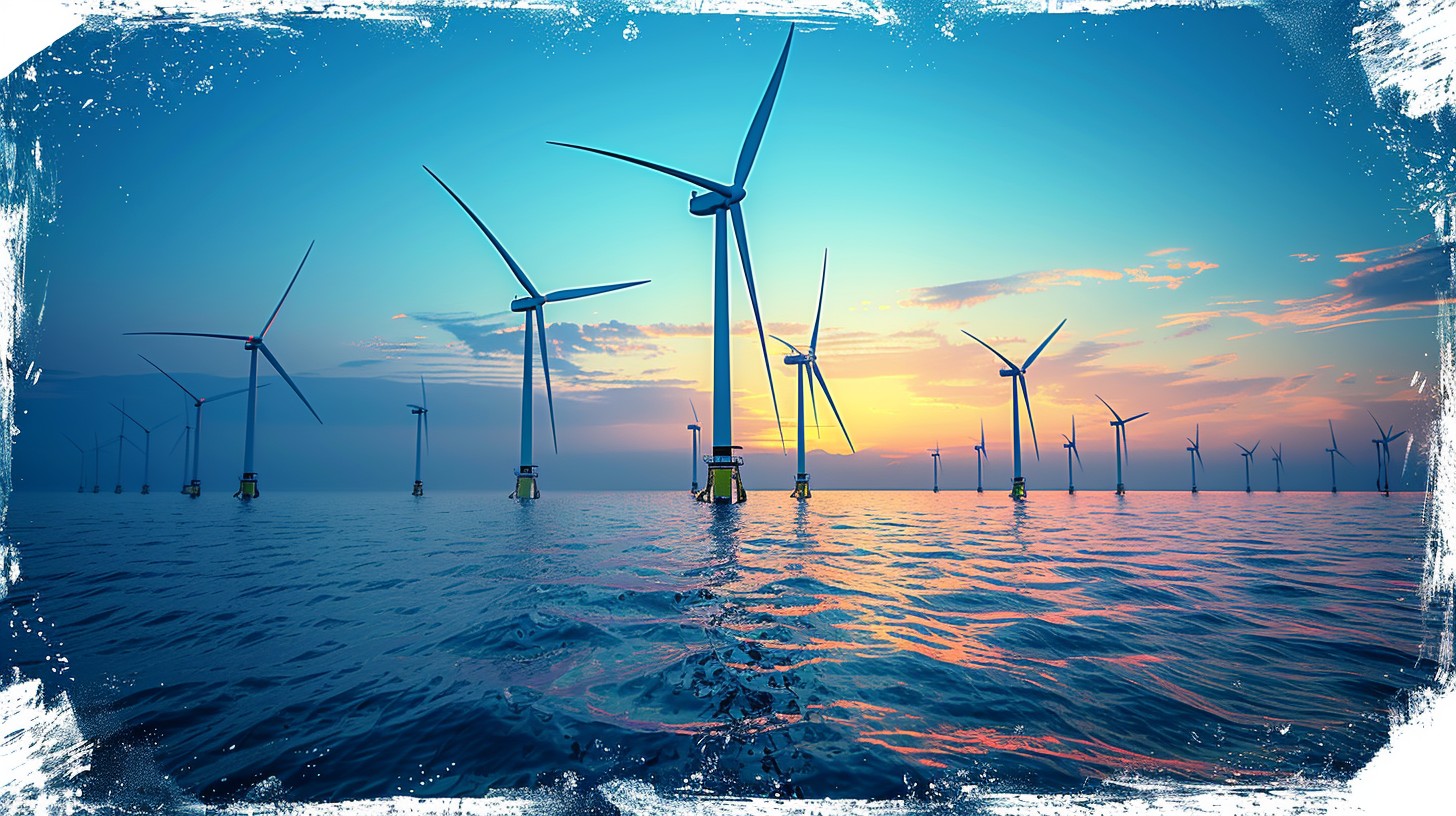ADMISSION REQUIREMENTS
An applicant seeking admission into the MSc Coastal Engineering programme must:
(a) Have obtained a first degree with, at least, a Second Class (Lower Division) in a relevant engineering field or natural sciences from a recognised university
(b) Submit an official transcript of academic record
(c) Submit two referees’ reports, one of which must be from the last institution attended
(d) Pass a selection interview conducted for that purpose
In special cases, an applicant who does not have a first degree but is otherwise adjudged suitable may be admitted into the MSc programme. Such an applicant must:
i. have special knowledge and considerable experience in Coastal Engineering.
ii. have at least G.C.E ‘O’ Level/SSSCE/WASSCE passes in English and Mathematics.
iii. have a Diploma or its equivalent in a relevant engineering field or natural sciences from a recognised institution.
iv. be at least 30 years of age at the time of application.
COMPONENTS OF THE PROGRAMME
Mandatory Course
Academic Writing for Graduate Students
Required School/Departmental Courses
Coastal Hydrodynamics, Advanced Coastal Engineering Modelling, Waterway Engineering, Coastal Zone Planning and Infrastructure Management, Structural Analysis, Design of Coastal Structures, Offshore Foundations, Safety and Reliability Analysis, Sustainable Environmental Impact Assessment, Internship, Geographic Information System and Remote Sensing, Research Methods in Coastal Engineering, Numerical Analysis, Project Management and Engineering Ethics, Water Resources, Environment and Climate Change, Sediment Transport in Coastal Environment, Marine Renewable Energy, Coastal Engineering Master Plan.
Elective Courses
Coastal Ecosystem Restoration, Marine Transportation Engineering, Marine Transportation Engineering, Coastal Sanitation and Resource Recovery
Research Component
Graduate Seminar 1, Graduate Seminar II, Thesis
Practical Training
Internship, Coastal Engineering Master Plan
ADMISSION REQUIREMENTS
An applicant seeking admission into the MPhil Coastal Engineering programme must:
(a) Have obtained a first degree with, at least, a Second Class (Lower Division) in a relevant engineering field or natural sciences from a recognised university.
(b) Submit an official transcript of academic records.
(b) Submit two referees’ reports, one of which must be from the last institution attended.
(c) Submit an official transcript of academic records.
(d) Submit a proposal of 2-3 pages on the intended area of study, including references.
(e) Pass a selection interview conducted for that purpose.
A non-researched master’s degree applicant may be admitted into the second year of the MPhil programme to write a thesis (top-up to MPhil). Such candidates must:
i. Have obtained a CGPA of 2.5 or better in Coastal Engineering from the University of Cape Coast or a recognised university. Any of such applicants who has not taken a course in Academic Writing for Graduate Students or some core Coastal Engineering courses will be required to take those courses.
ii. Submit an official transcript of academic records.
iii. Submit two referees’ reports, one of which must be from the last institution attended.
iv. Submit a proposal of 2-3 pages on the intended area of study, including references.
v. Pass a selection interview conducted for that purpose.
COMPONENTS OF THE PROGRAMME
Mandatory Course
Academic Writing for Graduate Students
Required School/Departmental Courses
Coastal Hydrodynamics, Advanced Coastal Engineering Modelling, Waterway Engineering, Coastal Zone Planning and Infrastructure Management, Structural Analysis, Design of Coastal Structures, Offshore Foundations, Safety and Reliability Analysis, Sustainable Environmental Impact Assessment, Internship, Geographic Information System and Remote Sensing, Research Methods in Coastal Engineering, Numerical Analysis, Project Management and Engineering Ethics, Water Resources, Environment and Climate Change, Sediment Transport in Coastal Environment, Marine Renewable Energy, Coastal Engineering Master Plan.
Elective Courses
Coastal Ecosystem Restoration, Marine Transportation Engineering, Marine Transportation Engineering, Coastal Sanitation and Resource Recovery
Research Component
Graduate Seminar 1, Graduate Seminar II, Thesis
Practical Training
Internship, Coastal Engineering Master Plan
ADMISSION REQUIREMENTS
An applicant seeking admission into the PhD Coastal Engineering programme must:
(a) Have either an MPhil or equivalent degree in Coastal Engineering or an appropriate field of study from a recognised university. OR
(b) Have a non-research M.Sc. degree in Coastal Engineering or an appropriate field of study, with a Cumulative Grade Point Average of 3.5 or better.
(c) Have scored B+ or better in Research Methods or a similar course.
(d) Submit an official transcript of academic records.
(e) Submit two referees’ reports, one of which must be from the last institution attended.
(f) Submit a proposal of 3-5 pages on the intended area of study, including references.
(g) Pass a selection interview conducted for that purpose
Foreign Students
In the case of foreign students, Click the link below or call the international office;
COMPONENTS OF THE PROGRAMME
Mandatory Course
Academic Writing for Graduate Students
Required School/Departmental Courses
Coastal Hydrodynamics, Advanced Coastal Engineering Modelling, Waterway Engineering, Coastal Zone Planning and Infrastructure Management, Structural Analysis, Design of Coastal Structures, Offshore Foundations, Safety and Reliability Analysis, Sustainable Environmental Impact Assessment, Internship, Geographic Information System and Remote Sensing, Research Methods in Coastal Engineering, Numerical Analysis, Project Management and Engineering Ethics, Water Resources, Environment and Climate Change, Sediment Transport in Coastal Environment, Marine Renewable Energy, Coastal Engineering Master Plan.
Elective Courses
Coastal Ecosystem Restoration, Marine Transportation Engineering, Marine Transportation Engineering, Coastal Sanitation and Resource Recovery
Research Component
Graduate Seminar 1, Graduate Seminar II, Graduate Seminar III, Graduate Seminar IV, Thesis
Practical Training
Internship





.jpg)